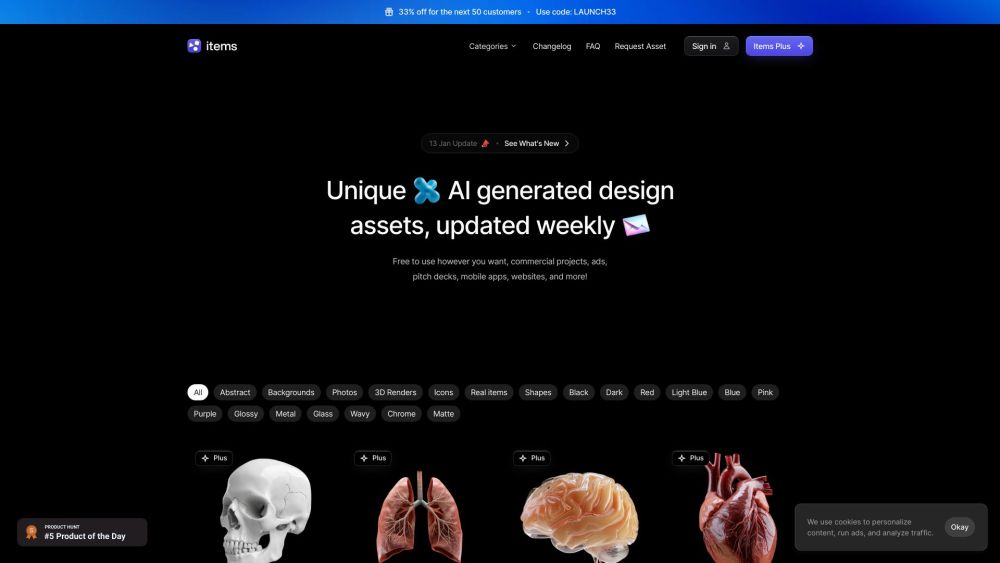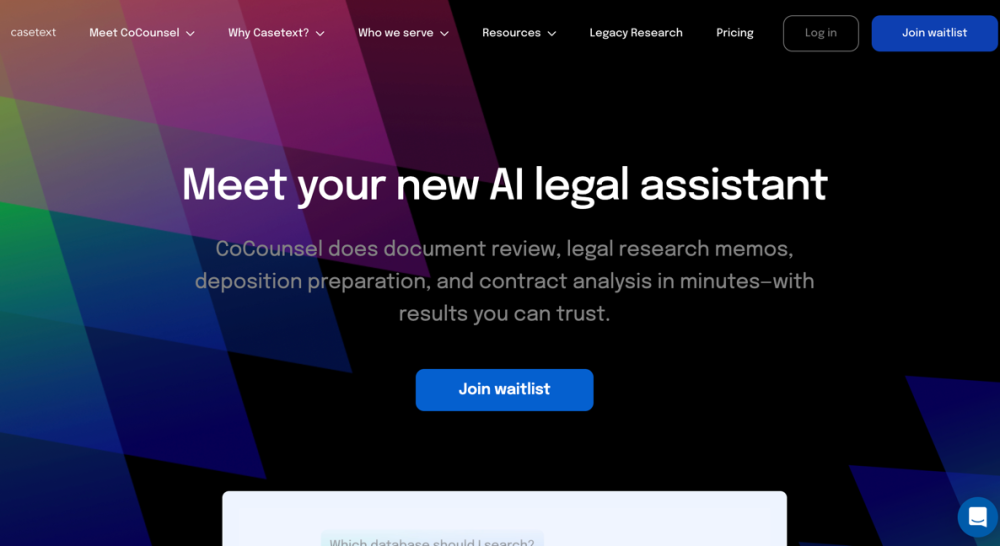Boston University researchers have unveiled an innovative AI system designed to detect early signs of Alzheimer's Disease through voice analysis. Although there is currently no cure for this debilitating condition, early detection significantly enhances treatment options for patients. By harnessing the power of natural language processing and machine learning, the team created a tool that can effectively predict the progression of Alzheimer's in patients.
The AI operates by analyzing voice recordings from patients, enabling it to determine the likelihood of developing Alzheimer's within a six-year timeframe. In a comprehensive study involving 166 patients, the AI demonstrated an impressive accuracy rate of 78.5% in identifying Alzheimer's indicators. The results, published in a prominent Alzheimer's research journal, highlight the potential of this AI system to serve as an affordable, accessible, and user-friendly screening tool for mild cognitive impairments (MCIs) and the prediction of Alzheimer's progression.
One of the most promising aspects of this tool is its capability for remote assessments, allowing patients to submit voice recordings to healthcare providers for diagnosis. Currently, nearly 7 million individuals in the United States are living with Alzheimer's, a figure expected to surge to nearly 13 million by the year 2050.
Despite the absence of a cure, early detection paves the way for more treatment opportunities, including participation in clinical trials aimed at discovering potential therapies. The researchers conducted extensive examinations of voice recordings taken during neuropsychological assessments, paired with basic demographic data, to evaluate whether AI could facilitate earlier diagnoses.
The analysis process involved transforming audio inputs into text via speech recognition technology, which was then processed using sophisticated language models. This multimodal approach culminated in what the researchers describe as a "fully automated assessment" that adeptly identifies patients at the highest risk for Alzheimer’s.
The findings revealed notable demographic insights; older women, particularly those with lower education levels and those carrying the APOE-ε4 gene, are at a higher risk of developing the disease. Furthermore, the research indicated a steep increase in the likelihood of developing Alzheimer's with advancing age. Among patients aged 75 to 84, approximately 19% were found to be at risk, a figure that escalates to 35% for individuals over the age of 85.
The researchers emphasized the transformative potential of combining automatic speech recognition with natural language processing techniques to create a predictive tool aimed at identifying individuals with MCIs who may be at heightened risk for Alzheimer's. This groundbreaking work not only highlights the promise of AI in healthcare but also underscores the importance of early detection in managing Alzheimer’s Disease.




